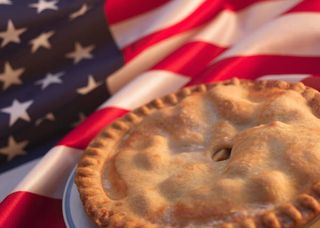 The decision about how to designate beneficiaries for your company retirement plan, life insurance policies, and other assets might seem like a no-brainer. Chances are you would like those near and dear to you to inherit any money you've accumulated during your lifetime, so making sure that happens should be as simple as writing their names on the appropriate forms, right? Not so fast.
The decision about how to designate beneficiaries for your company retirement plan, life insurance policies, and other assets might seem like a no-brainer. Chances are you would like those near and dear to you to inherit any money you've accumulated during your lifetime, so making sure that happens should be as simple as writing their names on the appropriate forms, right? Not so fast.
Have you designated beneficiaries on the appropriate accounts? Are you sure you did it right?
A good estate plan uses a wide-variety of vehicles to distribute the estate. Today, that normally means that retirement accounts and life insurance are used to help quickly distribute assets to heirs after someone passes away. Because of this importance, you need to know how to go about designating beneficiaries to receive the assets.
 Houston Estate Planning and Elder Law Attorney Blog
Houston Estate Planning and Elder Law Attorney Blog










